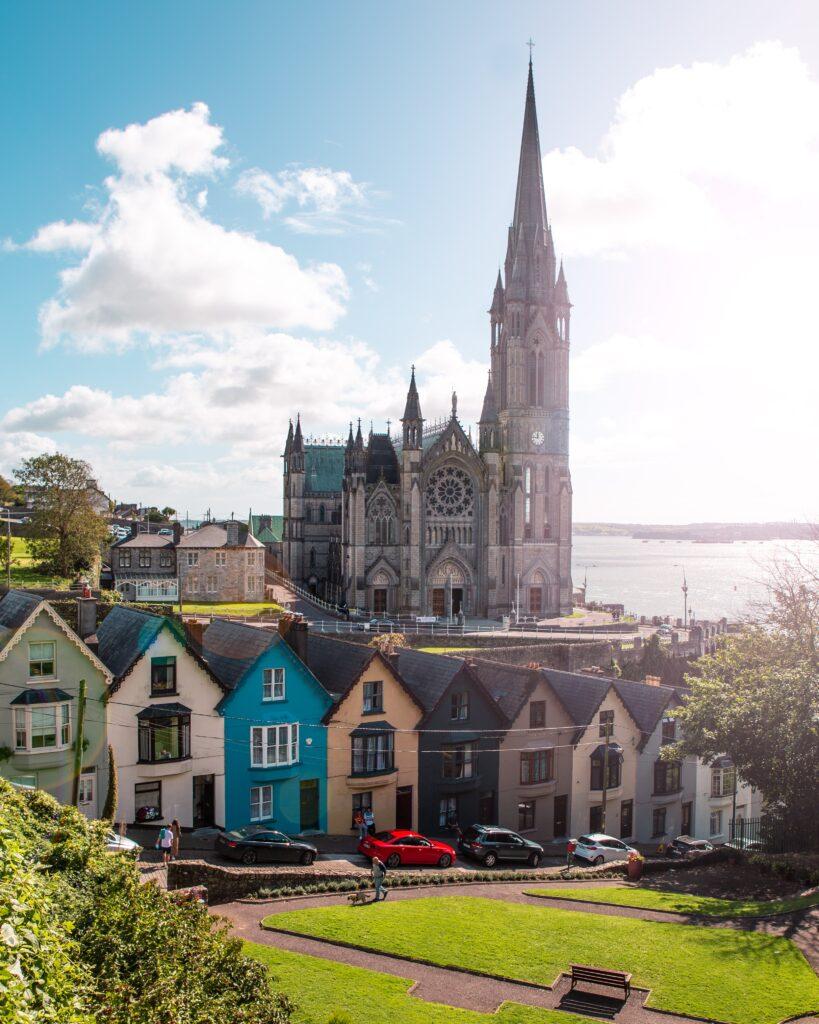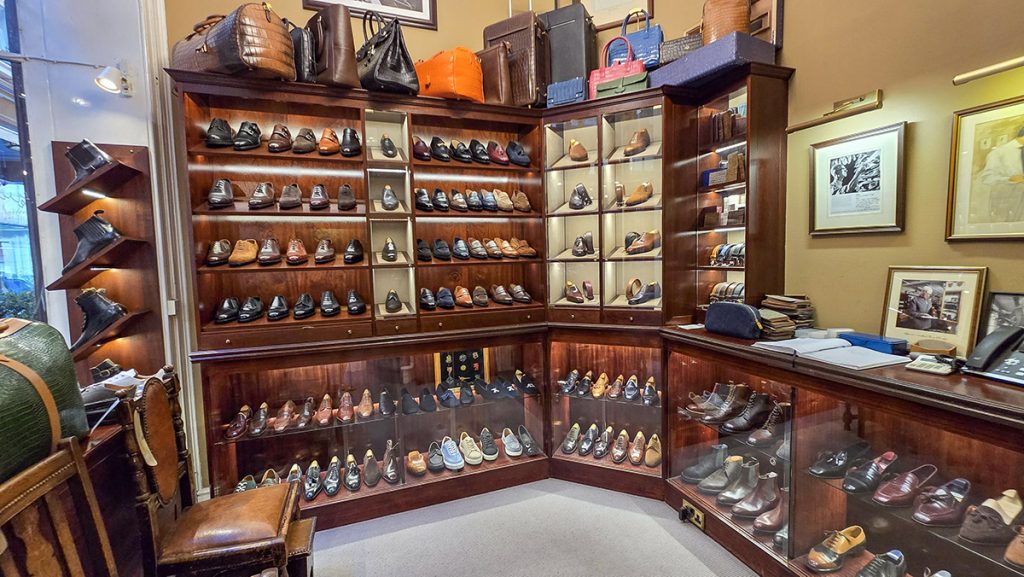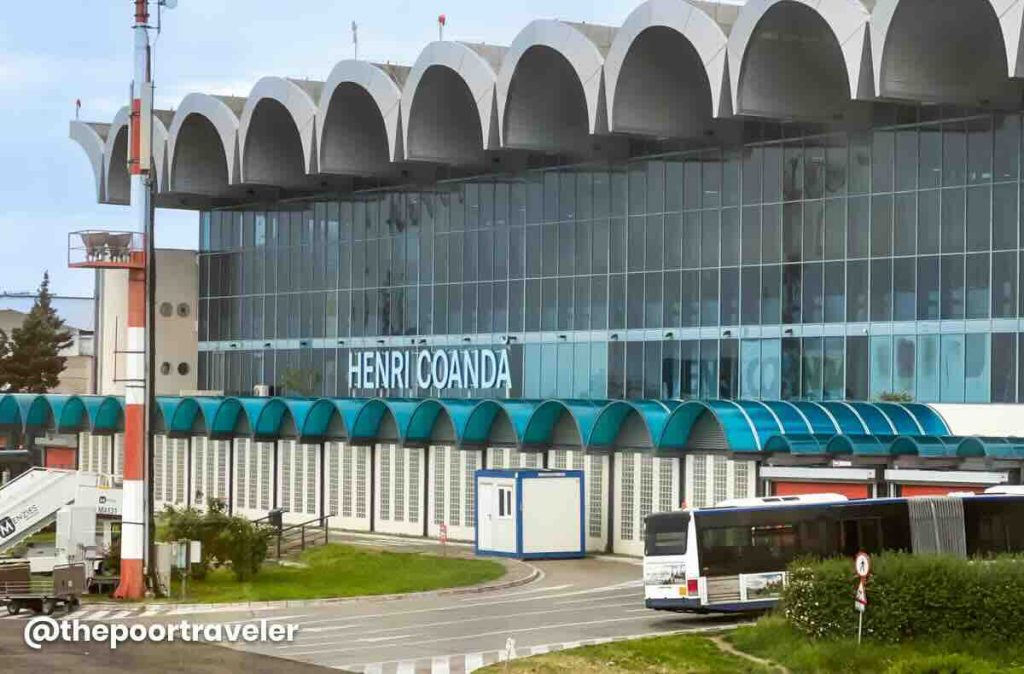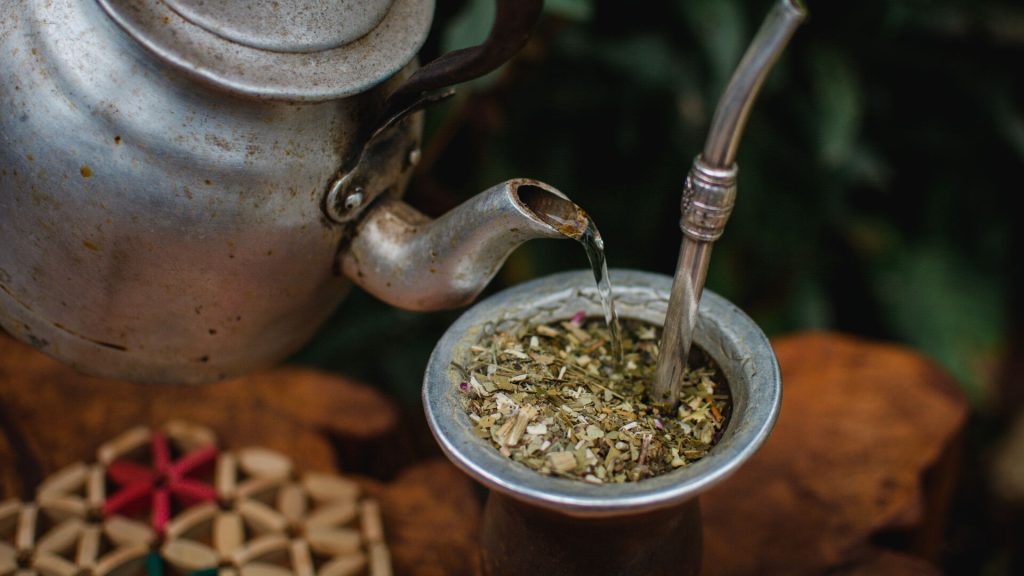Known as the Emerald Isle for its lush green landscapes, Ireland is a magical country steeped in history, culture, and tradition. With its friendly locals, picturesque coastal towns, and irresistible charm, it’s no wonder many dream of moving or retiring there. This comprehensive guide will provide everything you need to know to make Ireland your new home.
From visa requirements to healthcare, cost of living, housing, and more, we’ll cover all the key factors to consider when relocating. You’ll discover the different regions and cities to help choose the right location for you. We’ll also give tips on integrating into the local culture and community, as well as advice on making the most of retirement in Ireland.
With its mild climate, excellent infrastructure and healthcare, abundance of activities and stunning natural beauty, Ireland offers an unbeatable quality of life. Read on to plan your perfect Irish retreat.
Preparing for Your Move
Relocating to another country involves research, planning and preparation. Here’s what you need to take care of before embarking on your move to Ireland:
Visas and Residency
Citizens of the European Union (EU) and European Economic Area (EEA) don’t need any special residency permits to live in Ireland. For non-EU nationals, there are a few options:
- Retirement visa: For those over 55 with an annual pension income of at least €50,000 along with €50,000 in transferable assets. Allows residency without needing to work.
- Investor visa: For investing €1 million into Ireland. Allows residency and eventual citizenship.
- Work permit: If seeking employment in Ireland, a work permit or work visa is required. These are sponsored by the employer.
Be sure to check eligibility requirements on the official Irish Naturalisation and Immigration Service website. The application process can take 6-8 months.
Finding Accommodation
It’s wise to rent for the first few months to experience different areas before committing to buy property. Popular websites for renting include Daft.ie and Rent.ie. For long-term rentals, terrace houses and apartments are common options. Costs average €1,500-€2,000 per month in cities.
When ready to buy, research locations thoroughly as each have their own character. Dublin and Cork are the priciest while coastal spots like Sligo and Donegal offer value. A good real estate agent can help navigate the buying process.
Shipping Belongings
Hire an international moving company at least 2 months in advance. Obtain quotes from a few removals firms. Ensure your possessions are properly insured. Customs regulations allow duty-free import of personal effects for people transferring residency.
Alternatively, ship via air freight or container transport just essential items. Buy most furnishings locally.
Health Insurance
Ireland has a public health system for residents. Basic care is subsidized but there are long waits. For quick access and expanded coverage, private health insurance is recommended. Popular providers include VHI Healthcare, Laya Healthcare, and Irish Life Health. Compare plans carefully.
Taxes
Ireland has double taxation agreements with many countries to avoid paying tax twice. Filing tax returns yearly is mandatory. Consult an international accountant on requirements.
Retirees don’t pay income tax on pensions from abroad. Earnings, property and inheritance are subject to taxes. VAT (value added tax) is 23% on most goods and services.
Pension Transfers
Look into transferring or consolidating pensions and investments to Ireland. This is complex so engage a qualified financial advisor to ensure compliance with regulations. Taxes and fees apply on transfers.
The Irish Pensions Authority has resources on transferring pensions to Ireland.
Pet Relocation
Bringing pets requires planning. Apart from an EU Pet Passport, a microchip and rabies vaccination certificate is needed. Use an approved transporter for the move. Rules vary by country of origin, so verify procedures early. Allow a few months for the process.
Choosing Where to Live
With its incredible natural diversity across counties, Ireland offers many scenic settings to choose from. Here’s an overview of popular regions for expats and retirees:
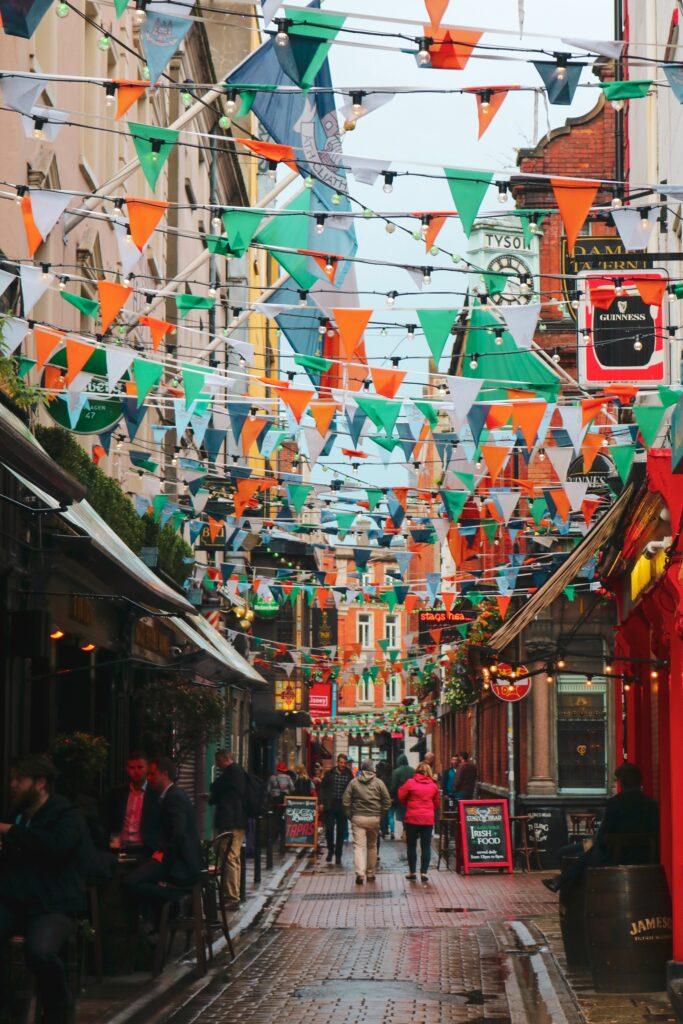
Dublin
As the capital and largest city, Dublin combines big city energy with small town warmth. Neighborhoods like Temple Bar and Grafton Street hum with pubs and restaurants while St. Stephen’s Green provides tranquility. Excellent international connectivity through airports and seaports. Cosmopolitan population and abundance of cultural attractions.
High demand makes Dublin housing expensive though better value is available in suburbs like Dun Laoghaire. Avoid traffic congestion by living near the Dart rail network.
Cork
Cork is Ireland’s second largest city with a more relaxed ambiance. Situated on the River Lee, it offers great food, lively pubs, and cultural vibrancy. Close to scenic coastal drives. Mild climate allows for gardening. Apartments in the center are affordable. Congestion is relatively less than Dublin. Fast motorway access to other cities.
Galway
Galway’s beautiful landscapes and youthful energy make it a top choice. On the west coast, it gets more rain but has better air quality than inland areas. Strong local culture with Irish music and literature. Sailing, hiking and cycling opportunities nearby. Property prices are lower than Dublin though rising.
Limerick
This Shannon region city has rich history and striking limestone buildings. Home to many high tech corporations. Excellent parks and sports facilities. Less crowded and touristy than other urban hubs. Very bikeable with riverside trails. Affordable housing and cost of living.
Waterford
Ireland’s oldest city, Waterford is scenic and vibrant. Mild year-round climate near the Celtic Sea. With quality housing at moderate prices, it appeals to families and retirees. Safe neighborhoods and low crime rates. Compact so very walkable. Cultural highlights include the Medieval Museum and Theatre Royal.
Popular Towns and Villages
- Kinsale – Colorful coastal town near Cork known for sailing, seafood, and scenery.
- Killarney – In County Kerry, set against mountains and lakes. Close to national parks.
- Westport – Lively Mayo town with great pubs and restaurants. Gateway to the Wild Atlantic Way.
- Dingle – A fishing village with excellent seafood and traditional music.
- Doolin – Charming County Clare outpost with ocean views and access to the Aran Islands.
Research different regions thoroughly before deciding where to settle. Visit at different times to get a true feel of locations under consideration.
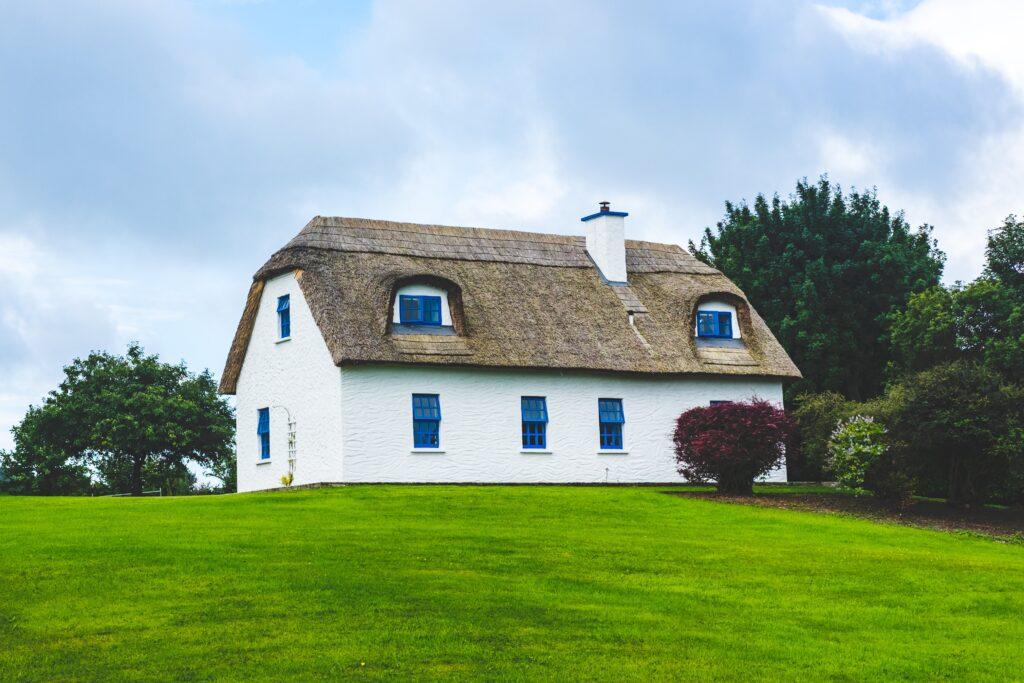
Daily Life in Ireland
Getting settled in a new country can take time. Here are some insights into living in Ireland that will help you integrate smoothly:
Language
English is universally spoken so language is not a barrier. Learning some Irish phrases shows goodwill and interest in the culture. Listen to RTE radio to pick up the lyrical accent and expressions.
Weather
Thanks to the Gulf Stream, Ireland has a maritime climate. Winters average 40-50°F while summer highs are around 65°F. Rainfall is common year-round though snow is rare. Always pack an umbrella along with layers. Locals love discussing the weather!
Making Friends
Irish people place high value on community and friendship. The pub is the traditional place to meet neighbors and socialize. Join local clubs, volunteer groups and religious organizations to meet more people. Once you establish connections, you’ll find the Irish to be very warm, generous and welcoming.
Transportation
Ireland has an efficient public transport system of trains and buses. Dublin and other cities also have tram and light rail networks. Taxis are easily available though costly. Many expats prefer to buy a car for getting around conveniently. Petrol is expensive so fuel efficiency is recommended.
Activities
- Hiking and walking – Miles of stunning trails and coastlines to explore on foot.
- Golf – World class links golf courses open to the public across the regions.
- Fishing – Plentiful rivers, lakes and coastline. Salmon and trout abound.
- Gardens – Tour magnificent estates and public gardens across the countryside.
- Theater – Catch plays and musicals at local venues round the year.
- Traditional music – Listen to Irish bands at intimate pub sessions.
Ireland offers endless ways to stay active and engaged during retirement. Discover your interests and get involved in the local community.
Cost of Living in Ireland
In comparison to other EU countries, Ireland has a relatively high cost of living due to economic growth and rising property prices in recent decades. However, expats can enjoy a good standard of living by following a few saving tips:
- Groceries, especially dairy and meat, are more expensive than in North America. Buy generic brands, discounted items, and take advantage of sales. Shop at markets for bargains on fresh produce.
- Electricity bills can be reduced by using efficient appliances and heaters. Close off unused rooms in winter. Install smart thermostats and timers.
- Opt for public transport or bicycles instead of taxis to save day-to-day. Consider base locations that reduce commute time and costs.
- Take advantage of free amenities like municipal parks, beaches, museums, galleries, and walking tours. Seek out discounts and senior concessions.
- For dining out and pubs, go during daily deal times and happy hours. Linger over one drink versus ordering several rounds.
- Travel costs can be managed by taking discounted tours and public transit for sightseeing instead of renting cars.
With prudent saving and smart spending, a couple can have a good standard of living on around €3,000 monthly. Single retirees can get by on €2,000 in smaller towns.
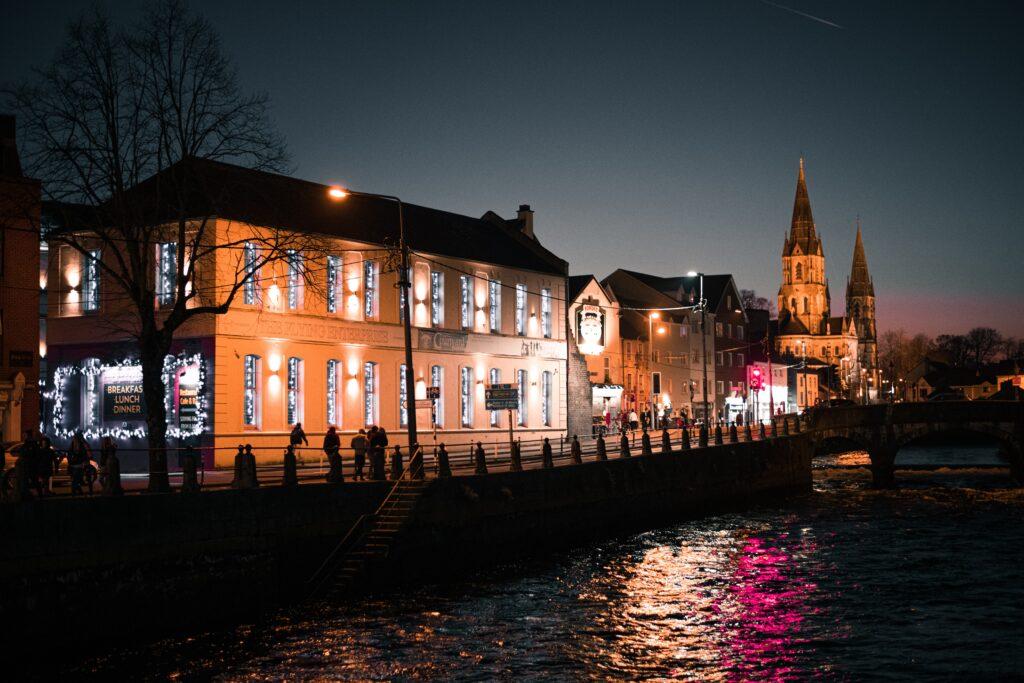
Housing and Property
Finding suitable housing is a key concern when relocating abroad. Ireland offers a variety of excellent options:
Renting
Long-term rents give time to learn about different areas before purchasing. City center apartments and small terraced houses are popular. Many landlords prefer 12-month leases. Average monthly rents:
- 1 bedroom apartment – €1,200–€1,600
- 2 bedroom house – €1,500–€2,000
Listings can be found on Daft.ie, Rent.ie and other rental platforms. Engage an estate agent to assist in your search.
Buying
Property prices vary widely across Ireland. Budget at least €300,000 for a comfortable 2-3 bedroom home in cities and popular coastal regions. Expect to pay €200,000–€275,000 for a similar home in smaller towns and rural locations.
The buying process involves:
- Hiring a solicitor for guidance and conveyancing
- Engaging a buying agent to identify suitable properties
- Getting mortgage approvals and financing
- Understanding purchasing costs like stamp duty and fees
- Completing closing and registering the sale
Allow 4-8 weeks for the acquisition. Research locations thoroughly before committing.
Banking and Finance
Establishing bank accounts and transfers should be done in advance:
- Open an Irish bank account even before moving to receive transfers and income. The top banks are Allied Irish, Bank of Ireland, and Ulster Bank.
- Transfer pensions and investment accounts via a qualified financial advisor to benefit from tax allowances.
- Be strategic with transfers to maximize exchange rates and minimize fees. Make larger periodic transfers versus many small ones.
- Set up direct deposits from foreign accounts for regular income. Most Irish banks offer online and mobile banking.
- Compare credit cards and rates for purchases. Debit cards like Maestro don’t have fees and offer better exchange rates.
- Notify financial institutions of your move abroad to avoid account suspensions. Consolidate accounts to simplify management.
Healthcare and Insurance
Ireland has excellent healthcare quality and some of the best outcomes globally. There is a good mix of public and private options:
- Public healthcare is free or low cost for residents. Wait times for procedures can be long.
- Private healthcare has higher fees but greater access and shorter queues. Many expats opt for private insurance and providers.
- Consultancies and minor treatments can be accessed via public clinics and health centers for modest fees.
- World-class hospitals located in larger cities provide comprehensive care and specialists.
- Emergency services can be accessed by calling 112. Ambulance services are free for residents.
- Prescription medicines have capped costs under the drug payment scheme.
Finding the right balance between public and private healthcare can optimize costs and outcomes.
Retiring in Ireland
Between the friendly people and relaxed pace of life, Ireland is a wonderful country to spend your retirement years in.
The country offers great accessibility and infrastructure. Transport links are excellent between cities and regions through extensive road networks and public transit. Airports provide global connections. Healthcare is world-class, with highly skilled doctors and hospitals. English fluency makes settling in seamless for expat retirees.
Nature abounds, with Ireland’s landscapes varying from rugged Atlantic coasts to gentle inland hills and farms. The mild climate encourages an active lifestyle of golfing, sailing, hiking, and cycling. The excellent seafood, dairy, and produce will appeal to foodies.
Savor Ireland’s rich culture through its literature, music, and history. Join local arts and crafts courses. Volunteer with community organizations to find purpose. Learn a new skill like cooking, gardening, or genealogy research. Go sightseeing to soak up heritage sites and storied landscapes. The opportunities are endless.
Ireland offers the benefits of EU membership and infrastructure, coupled with renowned Irish warmth and humor. Spend your golden years enjoying idyllic Irish living.
Bringing It All Together
The prospect of moving to Ireland is exciting. With abundant natural beauty, friendly locals, and a great quality of life, Ireland can make an idyllic retirement destination.
By planning thoroughly and realistically, your move can be smooth and stress-free. Do your homework by researching visas, locations, housing, healthcare, finances, and more before taking the plunge.
Prepare for some adjustments as you integrate into the local community and pace of life. Join groups, make friends with neighbors, and get involved for the most rewarding experience.
Embrace Ireland’s richness of culture, the arts, sports, and nature. Indulge in Irish hospitality through conversations over tea or evenings at the pub. Discover Ireland’s magic day by day to make it a deeply fulfilling place to call home for the next chapter of your life.
Appendix
Useful Irish Phrases
Hello – Dia duit (dee-a gwitch)
Thank you – Go raibh maith agat (guh rev mah agut)
Yes – Tá (taw)
No – Níl (neel)
Excuse me – Gabh mo leithscéal (gauw muh leshgale)
How are you? – Conas atá tú? (kunus ah-thaw thoo)
Goodbye – Slán (slaan)
Emergency Contacts
Police and Fire – 999
Ambulance – 112
US Embassy – +353 1 668-8777
Canadian Embassy – +353 1 234-4000
UK Embassy – +353 1 205-3700
Irish Coast Guard – +353 1 461 0044
General Emergency – +353 999 / +353 112
Settling In and Meeting People
Moving to a new country can be disorienting at first. Here are some tips to help you get settled and meet new people in Ireland:
Learn the Layout
- Familiarize yourself with the layout of your new town or city. Figure out the closest grocery store, pharmacy, bank, hospital, etc.
- Drive or walk around the neighborhood to know it better. Download offline maps on your phone when exploring further afield.
Sort Out Utilities
- Arrange for setting up utilities like electricity, gas, internet, cable TV etc. in your new home ahead of arrival.
- Confirm service activation dates and explain you’re moving in from abroad. Bring required identity documents for home visits.
Join Local Groups
- Browse community center or library noticeboards for local clubs and interest groups. Join ones aligned with your hobbies like golf, choir, hiking, etc.
- Follow Eventbrite and Facebook for free local events and activities happening around town. Show up regularly to become a familiar face.
- Volunteering is a great way to do good while meeting locals. Help out at charity events, wildlife centers, museums, etc.
Frequent Local Spots
- Visit the same cafes, pubs, parks, shops, etc. regularly to establish familiarity with residents. Chat up servers and cashiers.
- The local pub is a classic place to meet neighbors and make new friends. Go at happy hours when the atmosphere is lively.
- Accept invitations and attend community events and gatherings to expand your social circle. Say yes to set up further interactions.
Learn Some Irish
- Use basic Irish phrases like hello, goodbye, please and thank you. Locals will appreciate you making an effort.
- Take beginner classes in Irish language and culture to gain deeper insight. Know traditional greetings like Céad míle fáilte! (100,000 welcomes)
Adjust Expectations
- Don’t expect to build close friendships immediately. Allow relationships to develop slowly over repeated interactions.
- Irish culture values modesty and shuns brashness. Be humble, avoid boasting, and focus on listening versus talking about yourself.
- Offer reliable support to neighbors, and they’ll reciprocate graciously. Irish community spirit prevails when the going gets tough.
Getting Out and About
Between the sweeping landscapes, historic sites, and outdoor activities, Ireland offers plenty of things to see and do. Here are some top attractions and pastimes:
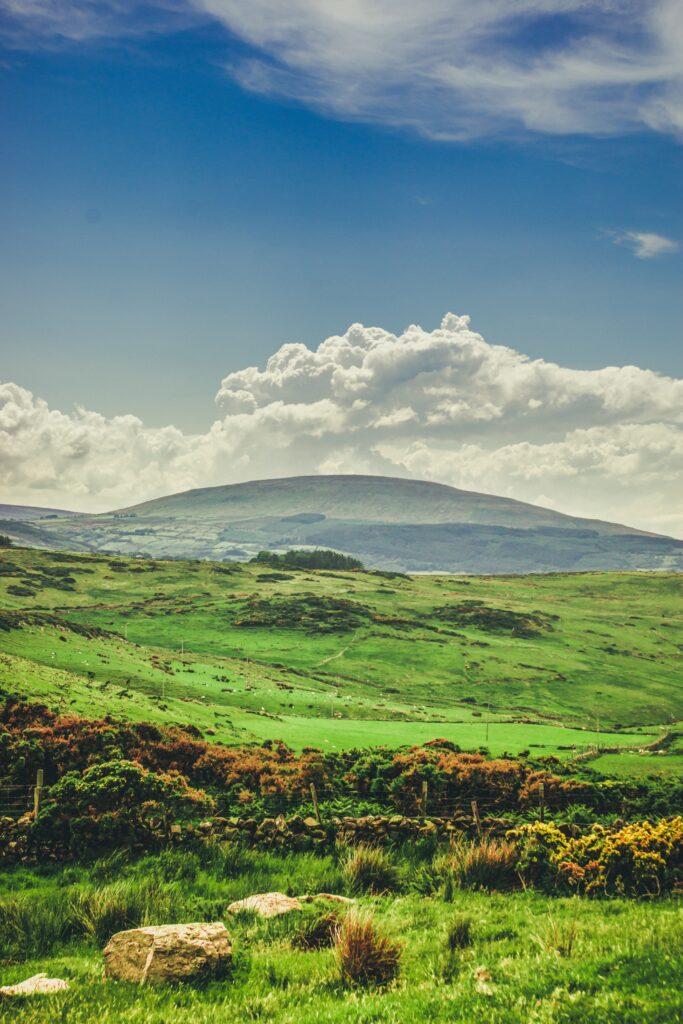
Spectacular Drives
- The dramatic Coastal Causeway Route hugs the Antrim coastline and Giant
Must-See Sights
- See the iconic Cliffs of Moher stretching for 8km along the Wild Atlantic Way.
- Walk the medieval cobblestoned lanes of Temple Bar, Dublin’s cultural quarter.
- Kiss the Blarney Stone at Blarney Castle to gain the gift of eloquent speech.
- Tour the magnificent grounds of Powerscourt House and Gardens, featured in many films.
Museums and Monuments
- Explore 15,000 years of Irish history at the National Museum of Ireland.
- Marvel at ancient manuscripts at Trinity College’s Old Library in Dublin.
- Discover graves spanning centuries at atmospheric Glasnevin Cemetery and Museum in Dublin.
- Wander around medieval castles like Bunratty Castle and Park and Kilkenny Castle.
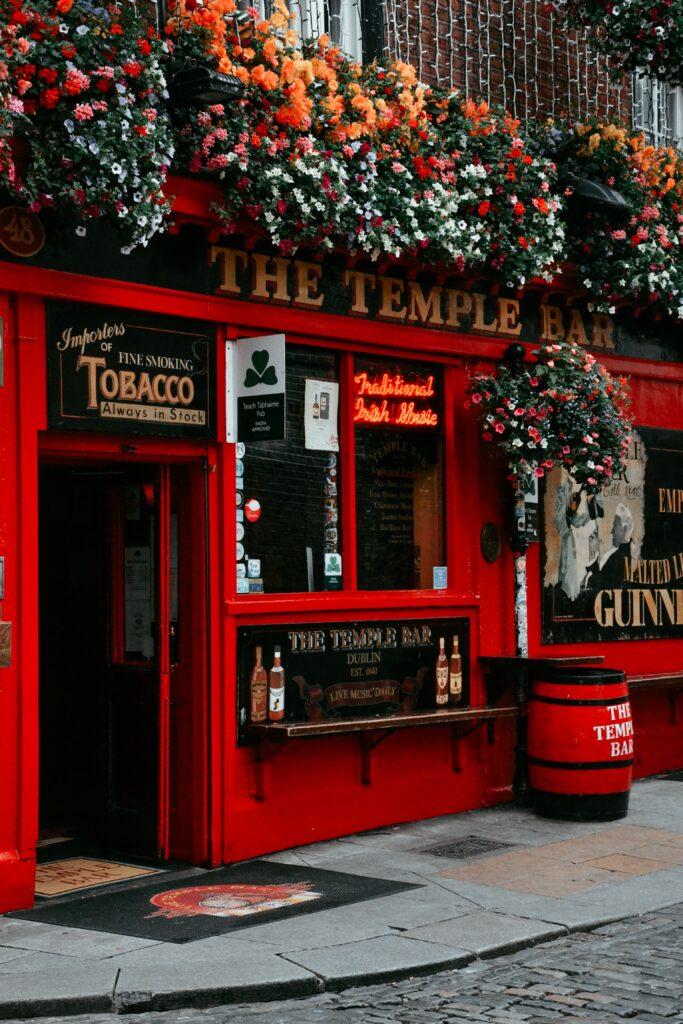
Traditional Pubs and Music
- Sip Guinness and find live trad sessions at Dublin’s famous O’Donoghue’s pub.
- Catch informal music jams at dick mack’s in Dingle, one of Ireland’s oldest pubs.
- Hoist a pint at atmospheric McCarthy’s Bar in Fungie, a quintessential country pub.
- See top Irish talent at Cork Opera House across classical, rock, pop and more.
Outdoor Pursuits
- Tee off at world-famous golf courses like Adare Manor and The K Club.
- Try angling for wild salmon and sea trout in Ireland’s thousands of miles of rivers.
- Saddle up for horseback rides along sandy beaches from Rossbeigh to Inch.
- Kayak out to uninhabited islands in Killary Fjord, Ireland’s only true fjord.
- Cycle along the Great Western Greenway from Westport to Achill Island.
Festivals and Events
- Attend sheep shearing competitions and craft demos at the Craggaunowen Viking Festival.
- See Ireland’s finest performers at the Dublin Theatre Festival each October.
- Enjoy comedy acts and street theater at the Kilkenny Arts Festival.
- Experience Ireland’s biggest arts festival at Galway International Arts Festival.
- Celebrate St. Patrick’s Day in Dublin with elaborate parades and festivities.
Exploring Cities
- Wander through the cobblestoned alleys of medieval Quarter in Galway.
- Tour the Dublin Writers Museum for insight into Ireland’s rich literary history.
- Take a walking tour through historic sites of the Northern Ireland capital, Belfast.
- See Waterford’s Viking history at Reginald’s Tower, Ireland’s oldest civic building.
- Explore the revitalized docklands of Cork on a River Lee boat tour.
Day Trips from Dublin
- See prehistoric tombs and Rathbeg Fort in the Boyne Valley.
- Tour stately Georgian mansions and gardens in County Wicklow.
- Glimpse the early Christian monasteries at the Glendalough ruins.
- Visit County Kildare to trace Irish mythology at the Hill of Tara.
- Take a guided tour of Irish whiskey distilleries outside Dublin.
With endless sights, activities, and attractions, you’ll never run out of things to explore across captivating Ireland!

